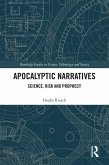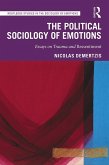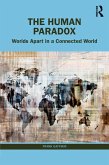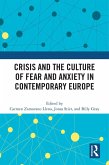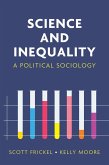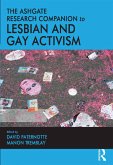In particular, the book will use social identity and representation theories, the sociologies of risk and Lakatos' philosophy of science to trace how our cultural background and apocalyptic tradition shape our wider interpretation, communication and response to contemporary global crisis. The set of environmental and other challenges that the world is facing is often framed in terms of apocalyptic or existential crisis. Yet apocalyptic fears about the near future are nothing new. This book looks at the narrative connections between our current sense of crisis and the apocalyptic.
The book will be of interest to readers interested in environmental crisis and communication, the sociology and philosophy of science, and existential risk, but also to readers interested in the apocalyptic and its contemporary relevance.
Dieser Download kann aus rechtlichen Gründen nur mit Rechnungsadresse in A, B, BG, CY, CZ, D, DK, EW, E, FIN, F, GR, HR, H, IRL, I, LT, L, LR, M, NL, PL, P, R, S, SLO, SK ausgeliefert werden.
Michael J. McVicar, Journal for the Study of Religion, Nature and Culture, 1-3, https://doi.org/10.1558/jsrnc.23625



